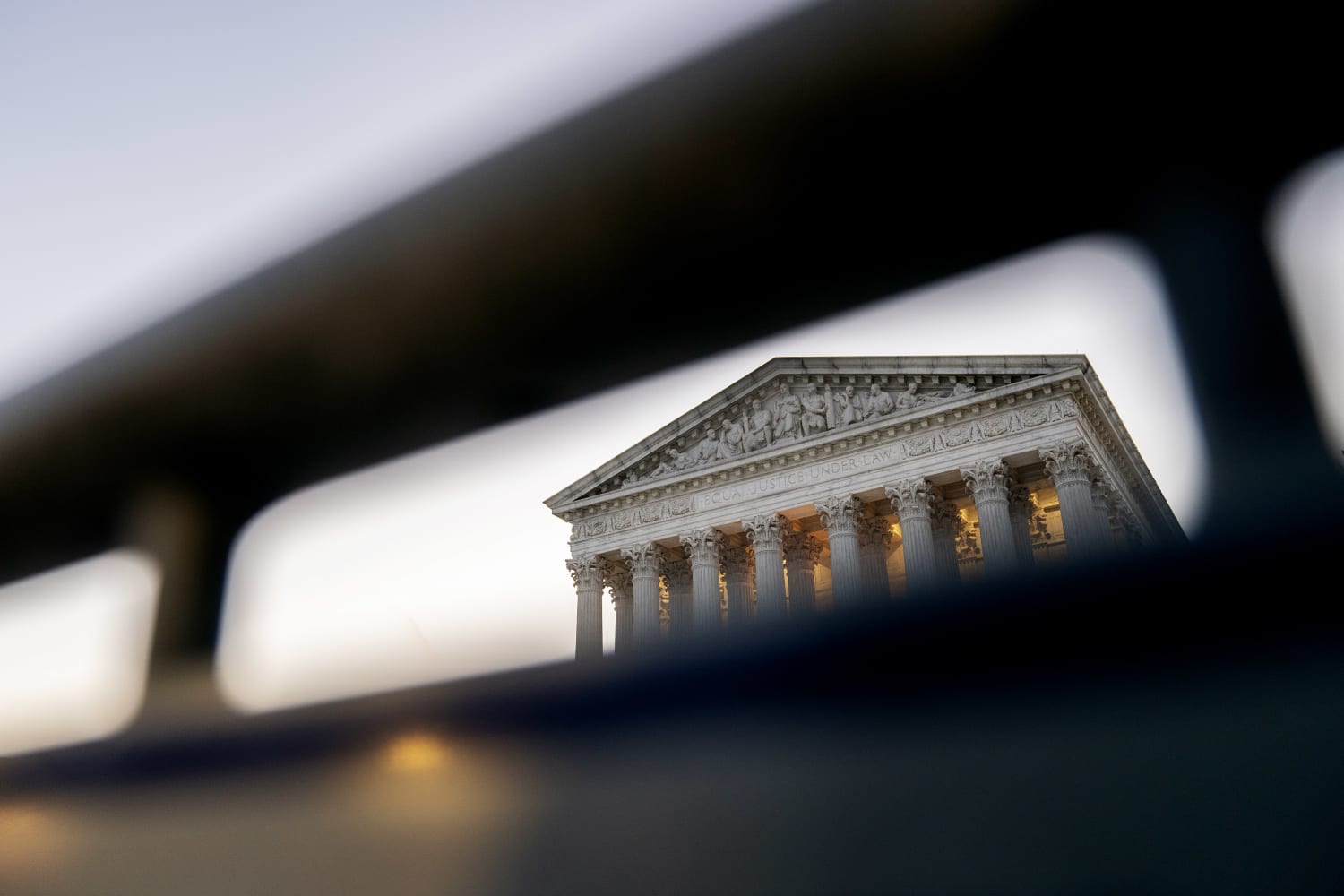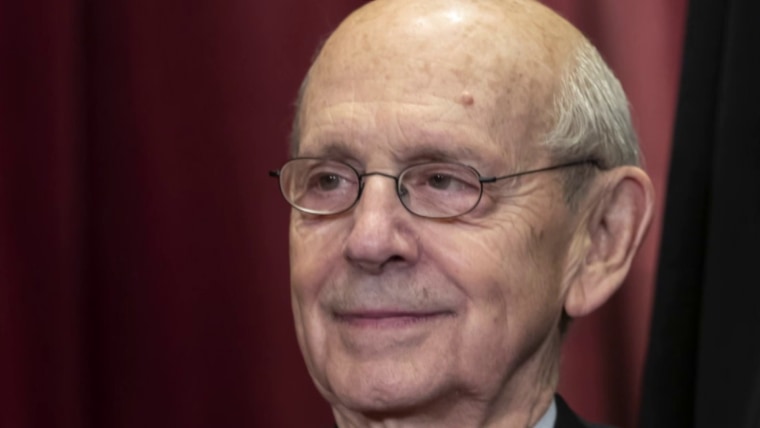The Supreme Court on Monday turned down an appeal from a former operating room aide at a Texas hospital who said his exposure to the N-word, one of the most offensive terms in the English language, created a hostile work environment.
The issue has divided the nation’s federal courts. Some have said that the use of the slur is so serious that even an isolated incident can establish a claim of discrimination. Others have said a single use of the word is a “mere utterance,” and doesn’t meet the test.
The appeal was filed by Robert Collier, who was fired after working at Parkland Memorial Hospital in Dallas from 2009 to 2016. He filed a discrimination lawsuit, saying that he and other Black employees were treated worse than others. Most notably, he said, the N-word was scratched into the wall of an elevator that he and other employees used to reach the cafeteria.
He said the hospital management took no action after he complained about it, and eventually the word was roughly scratched out. Parkland said it investigated several complaints from Collier, but none involved racially offensive comments or graffiti.
A federal district judge tossed out his case, concluding that no reasonable jury would find the hospital’s conduct sufficiently hostile because it was not directed at him and because the effect on his work, by his own admission, was marginal. The 5th U.S. Circuit Court of Appeals affirmed the ruling.
An employer violates federal civil rights law when a work environment is so pervaded by discrimination that conditions of employment are altered. That law “is emphatically not a general civility code,” the hospital’s lawyers told the Supreme Court.
It depends on context, they said, arguing that Collier failed to prove that the graffiti interfered with his job or created an abusive work environment.
Brian Wolfman, a professor at the Georgetown University Law Center who represented Collier in his appeal to the Supreme Court, said that as long as the split among the lower court persists about the racial epithet, “Black employees in a significant swath of the country will, at a minimum, be forced to endure its prolonged and repeated use.”
When Supreme Court Justice Brett Kavanaugh was on the District of Columbia Circuit Court of Appeals, he joined a ruling allowing a lawsuit to proceed against the federal mortgage lender Fannie Mae. The court said a single use of the N-word “might well have been sufficient to establish a hostile work environment.”
Kavanaugh, in a concurring opinion at the time, wrote, “No other word in the English language so powerfully or instantly calls to mind our country’s long and brutal struggle to overcome racism and discrimination against African-Americans.”
The NAACP Legal Defense and Education Fund urged the Supreme Court to take the case. A conclusion that words alone, even the most egregious racial epithets, can’t support a hostile work environment claim “disregards the real-world impact of racial harassment on Black employees and, as a result, diminishes workplace protections against harassment and discrimination,” the group said.
As is its normal practice, the court did not state why it rejected Collier’s appeal.
Source: | This article originally belongs to Nbcnews.com










